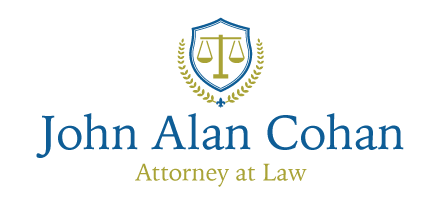A new tax case, Elizabeth Giles v. I.R.S., T.C. Memo 2005-28, ruled against the taxpayer in connection with her Arabian horse activity. The taxpayer is a dentist in Rialto, California, who bought three horses and produced foals by breeding two of her horses, which the court characterized as “minimal breeding.”
During the subject years, she did much of the feeding, cleaning, grooming, and training of her horses and she did all of the horses’ worming and vaccinations, and spent about 30 hours or more per week in the horse activity (but there was no documentary evidence to prove this). She showed some of her horses at competitions, but the record did not indicate the amount of income, if any, that was earned. She sold one horse for $20,000. From 1988 to 2002 the loss from the horse activity was $417,659.
The court held that the activity was not engaged in for profit, and denied her deductions. The court noted that she did not have a separate bank account for the activity, nor business cards, and she only kept records of pedigree, registration, health, breeding and competitions.
The court said: “This is yet another case of a high-salaried taxpayer claiming that she may reduce the income taxes payable on her salary by deducting losses incurred in a pastime that is allegedly engaged in for profit.” The petitioner relied primarily on her testimony to establish her claim that the activity was engaged in as a business, but the court gave her uncorroborated testimony “limited weight,” noting that she testified vaguely, and/or in reply to leading questions asked by her counsel. The court said there were inconsistencies in her testimony.
The court said that she did not prepare financial statements, profit and loss projections, budgets, break-even analyses, or marketing surveys, each of which may aid a taxpayer in cutting expenses, increasing profits, and evaluating the overall performance of an activity, or that she prepared a business plan. The court said that the records maintained by the petitioners were not used to evaluate or improve the activity’s financial performance. The court noted that she presented a one-page fill-in-the-blanks form which she claimed was a sufficient business plan. (The court disagreed.)
The court said: “Although a taxpayer such as petitioner need not maintain a sophisticated cost accounting system for any or all of her purported business activities, she is expected to keep records that enable her to make informed business decisions as to the activity.” The court added: “Petitioner presented no credible evidence that she used any record to implement cost-saving measures or to improve profitability.”
The court said that the petitioner did not make efforts to change operating methods, adopt new techniques, or abandon unprofitable methods.
The court emphasized the importance of engaging in a study or consultation with experts
before starting the activity to get an idea of what the ultimate costs might be, the amount of revenue one could expect, what risks are involved, and how one might achieve some degree of cost efficiency. The court said: “The credible evidence in the record does not establish that petitioner read or viewed the referenced materials or consulted with her so- called experts before entering into the horse activity in 1988. While petitioner testified generally that she did, she discredited that testimony by also testifying that these happenings were not until 3 years after she bought her first horse.” The court added that the record does not reflect that the petitioner “ever acquired any knowledge of the business or economic aspects of horse breeding so as to be prepared for the economic realities of a horse breeding and showing business.“
The court said that the record did not contain any credible evidence that any of her assets used in the horse activity or any property that she owns had appreciated in value.
The court emphasized that the activity incurred 15 years of large losses and only had a minimal profit in a single year. There were numerous other points made by the judge in this case, and it is well worth reading.

